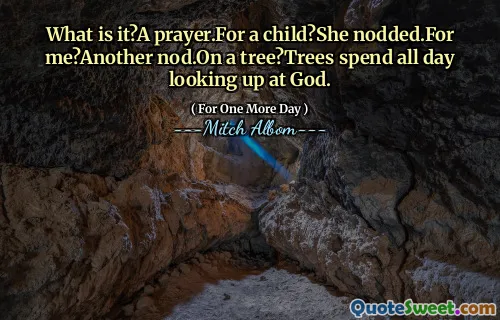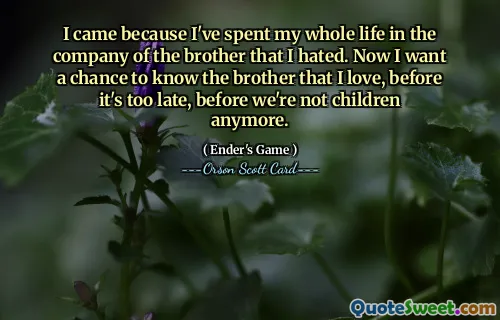
An honest man is always a child.
📖 Socrates
**This quote highlights the purity and authenticity often associated with childhood innocence and honesty. When we consider the nature of honesty, it is often linked to a sense of simplicity, sincerity, and open-heartedness—traits that are frequently characteristic of children. Unlike adults, who might be inclined to conceal, deceive, or manipulate for personal gain or social acceptance, children tend to express their feelings and truths directly and without pretense. This directness can be mistaken for naivety, but perhaps it is actually a reflection of an untainted moral compass. In a sense, the quote suggests that honesty requires a certain childlike quality—a state of being unburdened by the complexities of social norms, cynicism, or self-interest that often cloud adult judgment.
Furthermore, this perspective encourages us to reconnect with our innate honesty that can become subdued as we grow older and face the demands of society. Embracing this 'child-like' honesty involves cultivating openness, humility, and vulnerability—qualities essential for genuine interactions and trust-building. It's a reminder that moral integrity and pure intent are not necessarily at odds with innocence; instead, they can coexist in a state of grace that people often associate with childhood. The challenge, then, is to preserve and nurture these qualities as we navigate adult life, where skepticism and disillusionment can sometimes overshadow our innate honesty. By doing so, we foster a more sincere and authentic existence, which benefits not only ourselves but also those around us. Ultimately, the quote profoundly advocates for maintaining the integrity of our inner child as a guiding principle in leading an honest and meaningful life.**







